Europe Grapples with Using Frozen Russian Assets to Fund Ukraine's War Efforts ***Amid ongoing military support for Ukraine, European nations face legal and political hurdles in accessing $229 billion of frozen Russian funds.
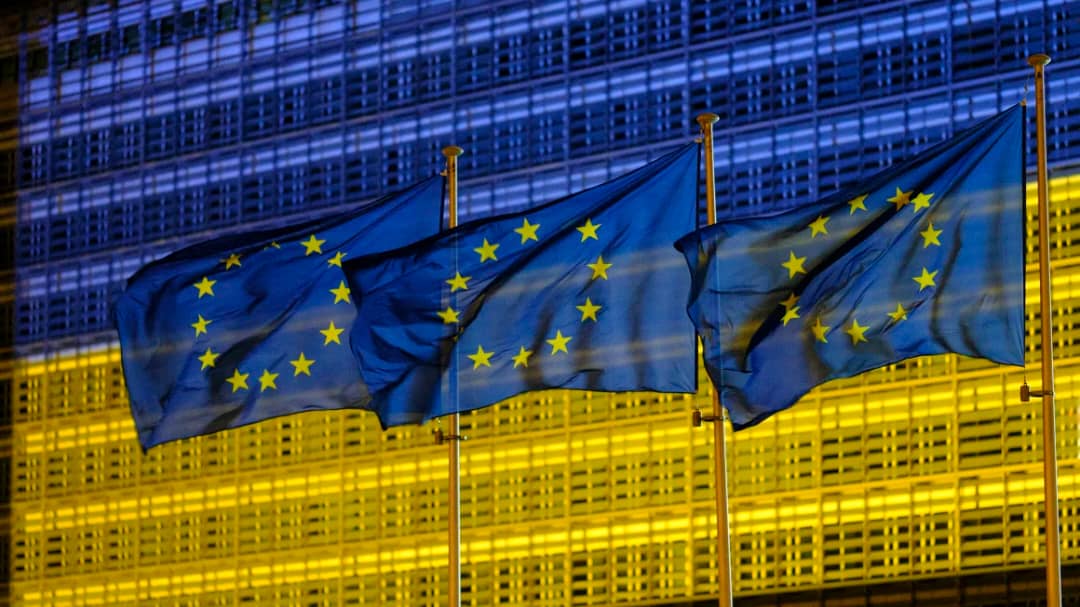
As the war in Ukraine stretches into its third year, European nations confront a staggering financial burden—nearly $122 billion in direct aid, alongside substantial investments in bolstering regional militaries and defense capabilities. Yet, despite the pressing need, the European Union has been reluctant to tap into the $229 billion of Russian central bank assets currently frozen within its borders following Vladimir Putin's full-scale invasion in 2022.
In a notable development last week, French lawmakers passed a non-binding resolution urging their government to utilize these frozen Russian assets to "finance military support for Ukraine and its reconstruction"—a move that calls not merely for accessing the interest accrued on these assets but the capital itself. While the United States and Canada have already enacted laws permitting the confiscation of Russian assets, European momentum has been slower to build.
Recent discussions within the European Parliament have yielded a resolution advocating for the confiscation of these assets for the defense and reconstruction of Ukraine. However, uncertainty remains as the actual vote from parliament members is still pending. Although the EU is currently leveraging the interest from frozen funds to support Ukraine, the reticence to touch the principal remains palpable.
UK Prime Minister Keir Starmer described the issue as "complicated," reflecting a widespread wariness among European leaders. French government spokesperson Sophie Primas emphasized that access to these assets could establish a precedent that discourages foreign investment, citing concerns that nations like China may hesitate to place funds in Europe due to fears of similar sanctions.
Historically, some US actions, such as the seizure of German assets post-World War II and the confiscation of Afghan and Iraqi assets, offer a contrasting precedent. Economic experts like Professor Olena Havrylchyk from Paris’s Panthéon-Sorbonne University note that unlike other history-linked reparations, Moscow does not currently fear repercussions from Europe—a critical factor in the current landscape.
Legal complexities further complicate the situation, with concerns about the international legal principle that protects a state’s overseas assets from seizure. To justify such a move, strong legal arguments must be established, including claims for reparations for the damage inflicted by Russia on Ukraine.
The process may require unanimous agreement among EU member states, an unlikely scenario given differing stances within the bloc, particularly among nations like Hungary and Slovakia that maintain ties with Moscow.
With hopes that Russia would eventually agree to pay reparations for war damages dimming, Western policymakers must grapple with a grim reality: Without access to these frozen assets, the financial burden of supporting Ukraine may increasingly fall on European taxpayers.
For now, the frozen funds continue to sit idle—a potential lifeline for Ukraine trapped by the political complexities of a fractured European response.




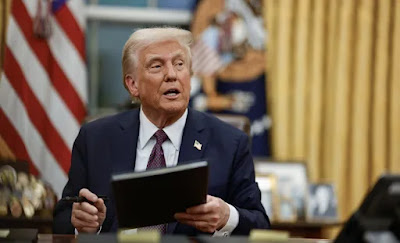

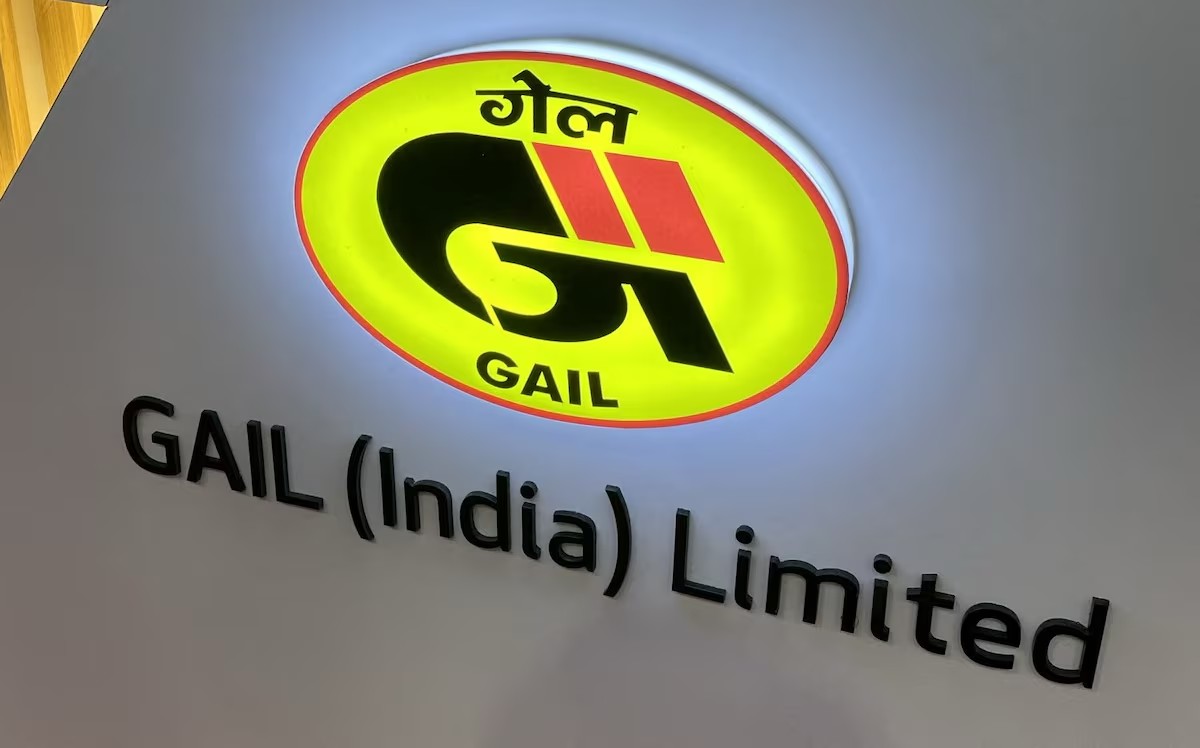
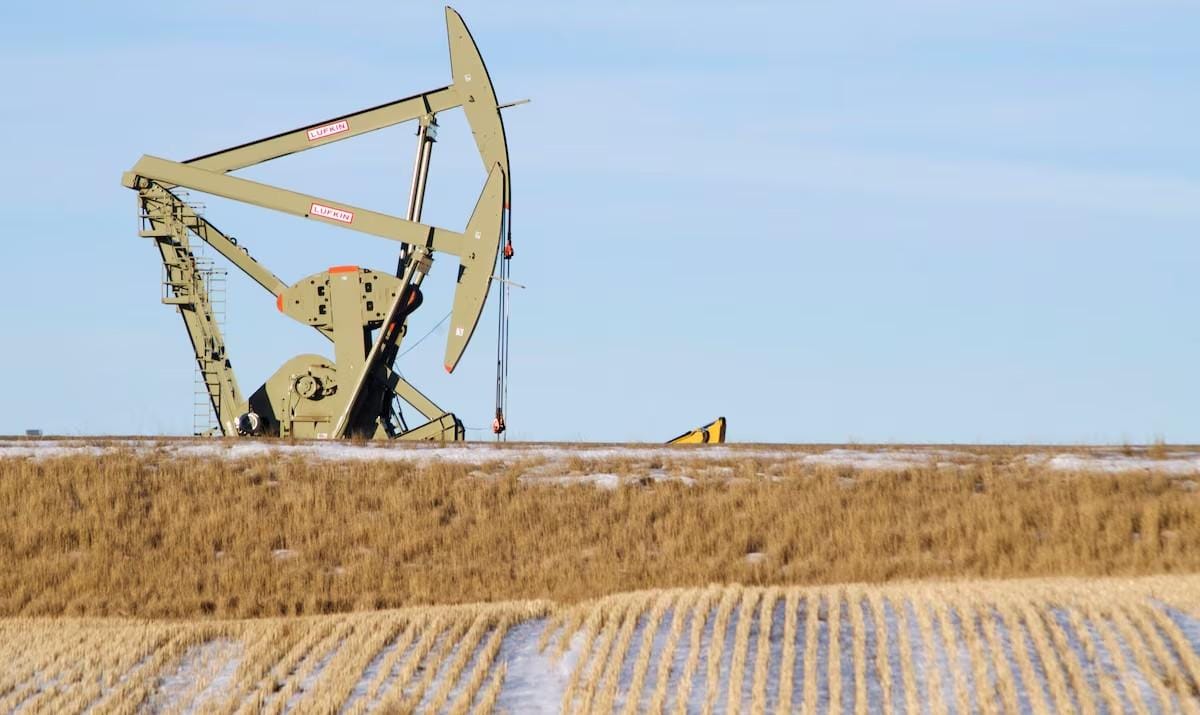
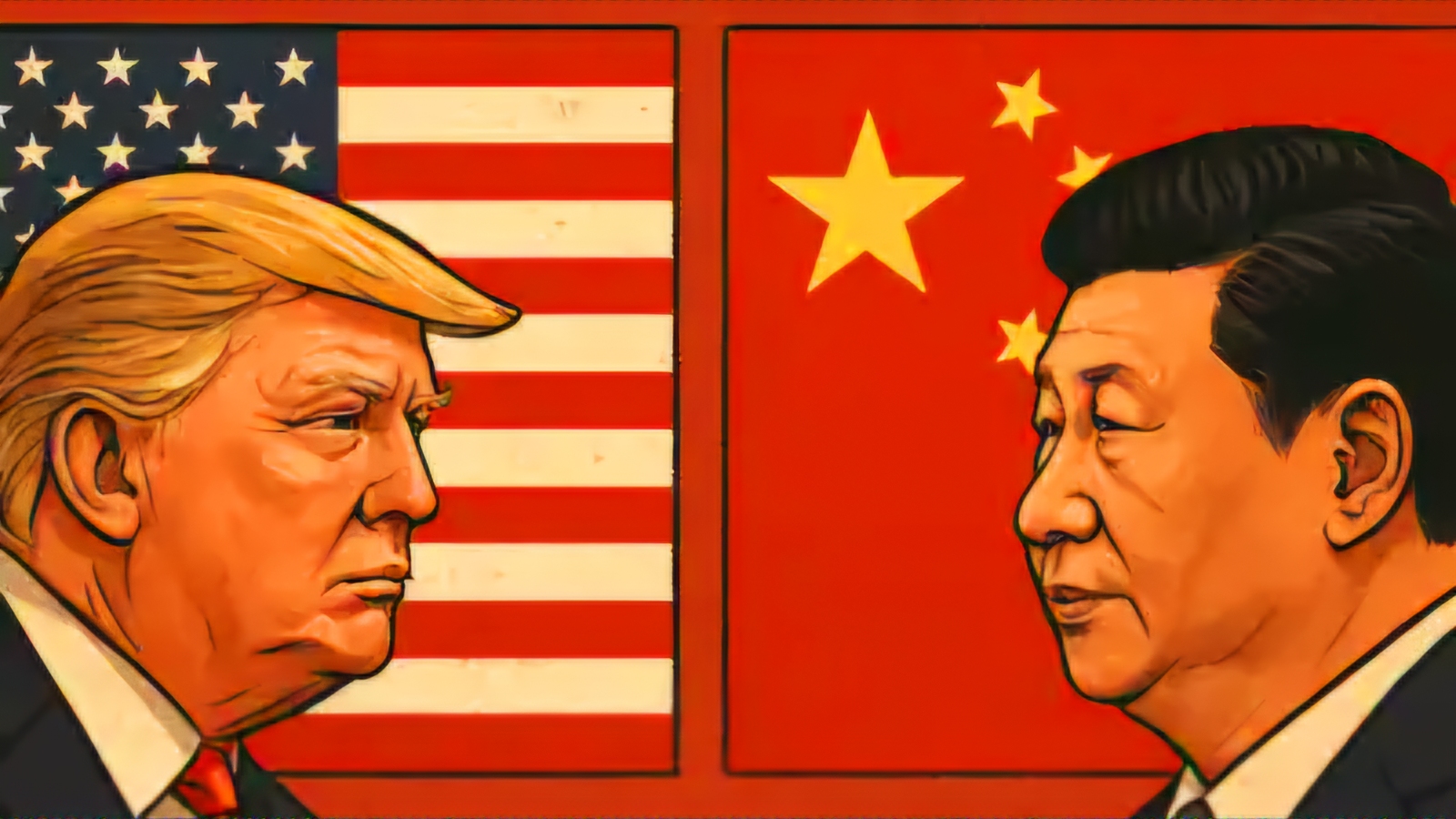

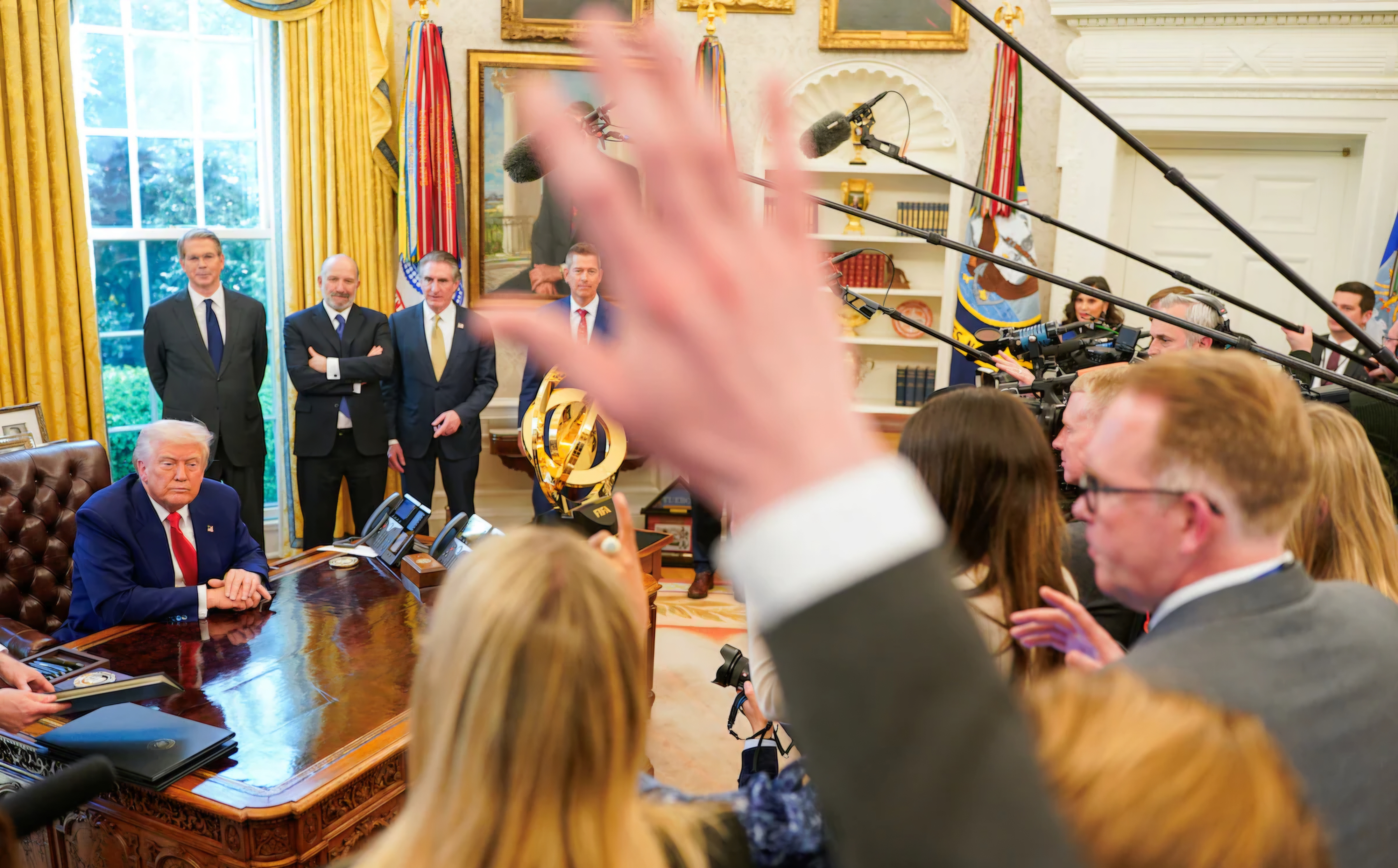
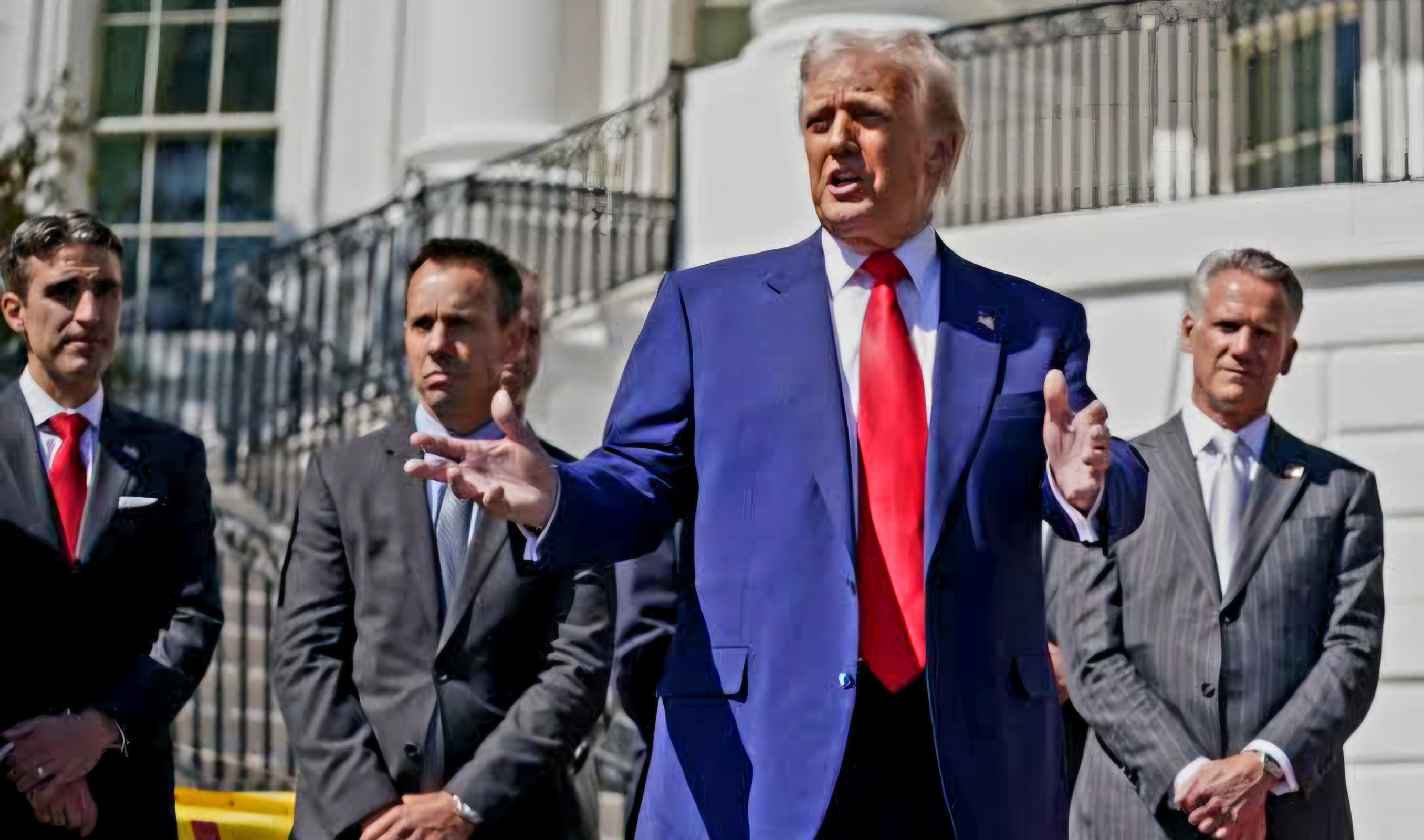
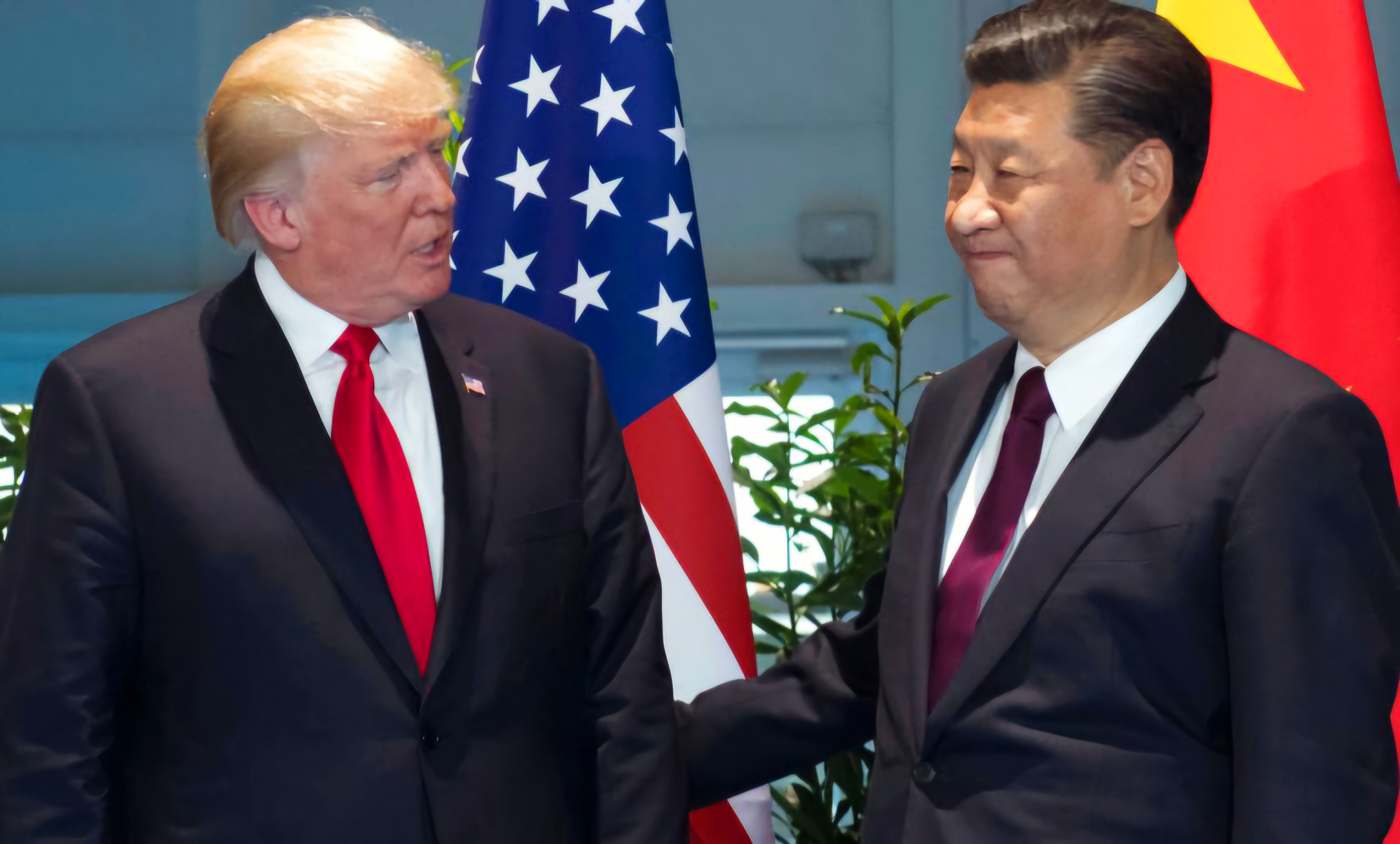
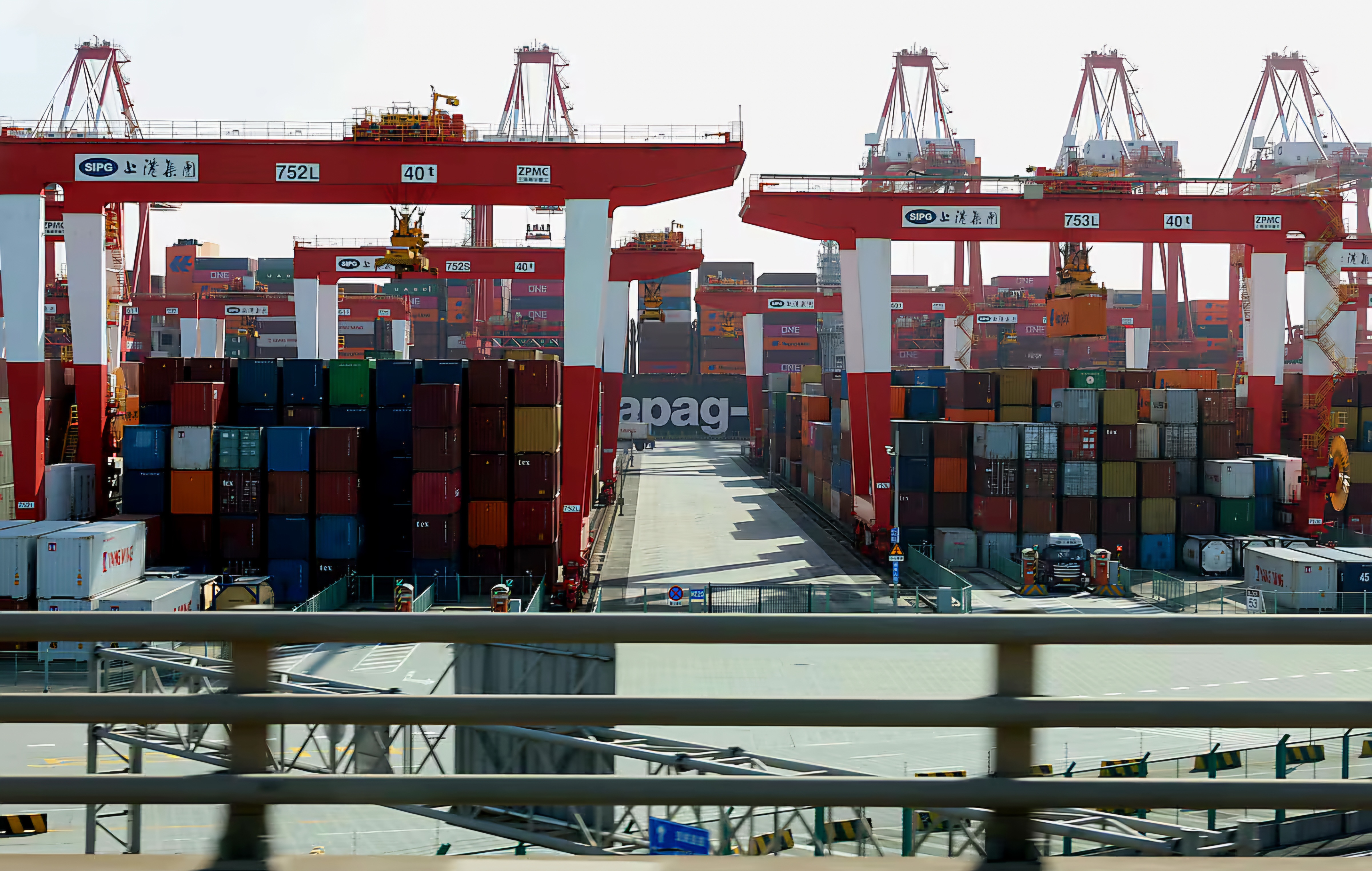
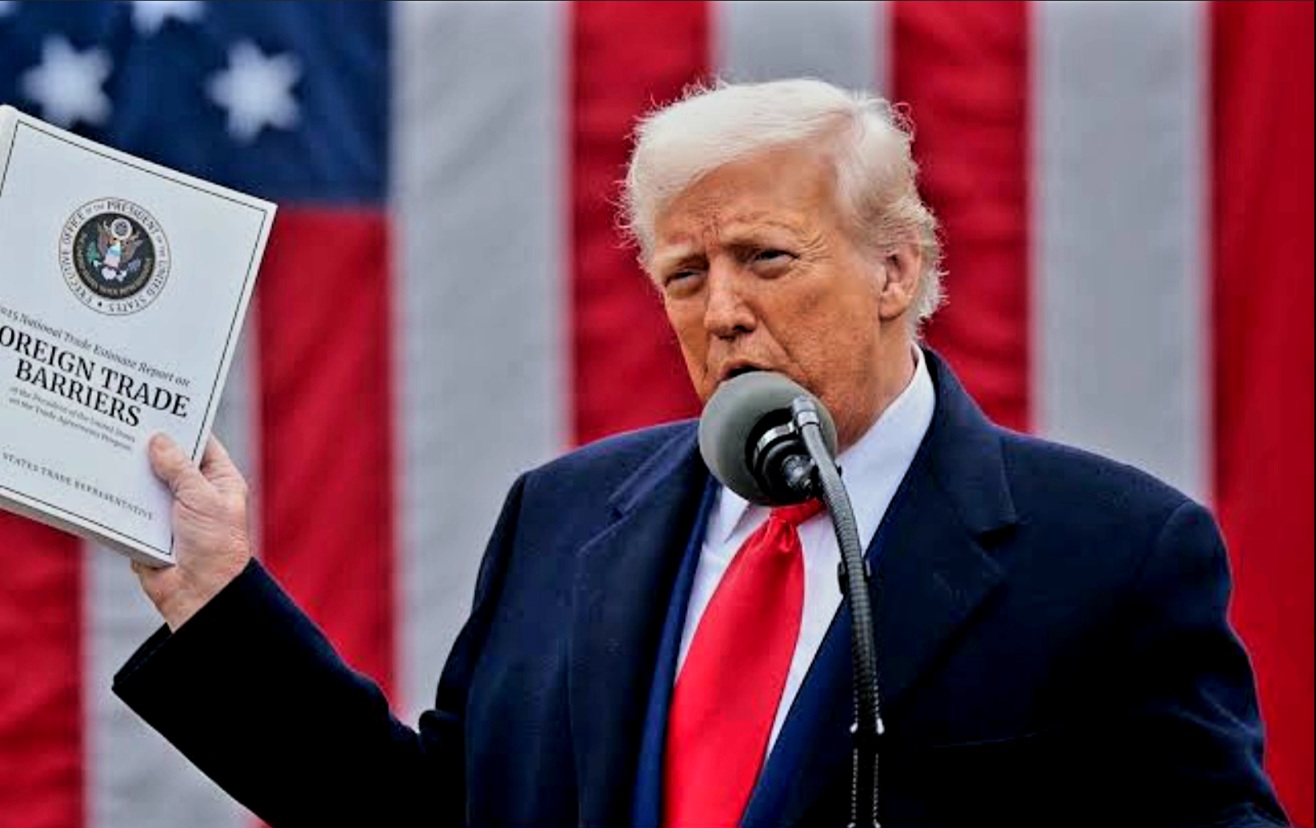

0 Comment(s)